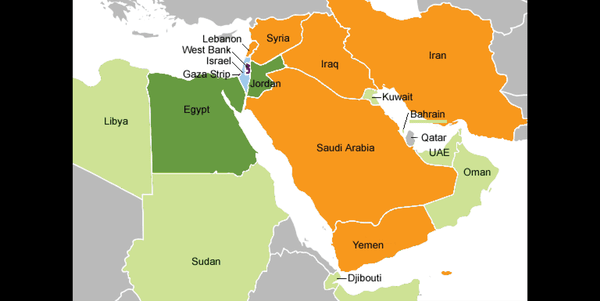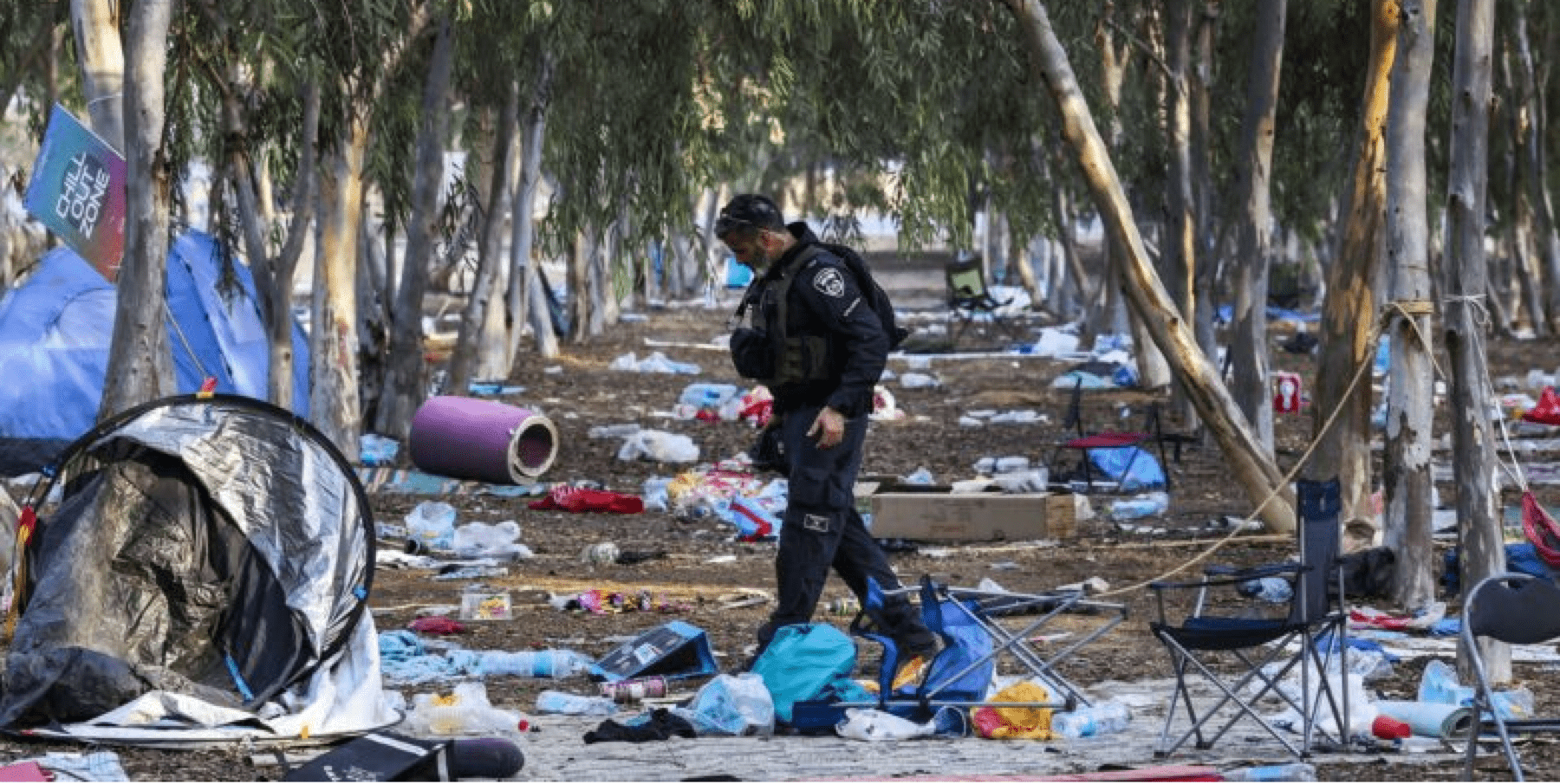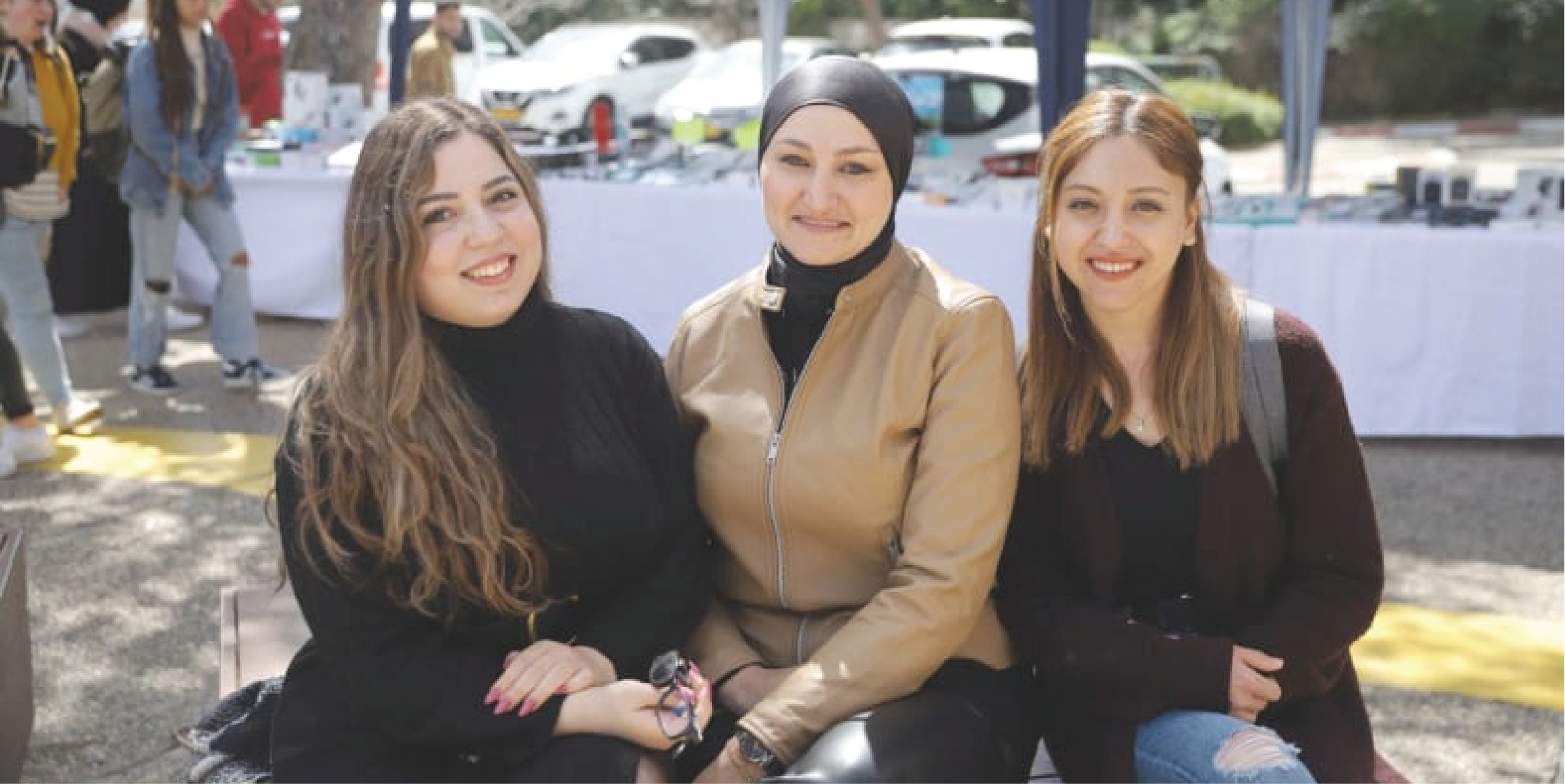Security Council Condemns Use of Chlorine in Syria
March 6, 2015The UN Security Council on Friday adopted a resolution, drafted by the United States, condemning the use of chlorine in Syria and threatening measures if chemicals are used in future attacks.
The resolution was approved by 14 of the 15 council members including Russia, Syria’s ally, but Venezuela abstained, the AFP news agency reported.
“Today this council makes crystal clear that the use of chlorine as a chemical weapon is no less an evil than the use of any other chemical as a weapon,” U.S. Ambassador Samantha Power told the council.
While the measure does not single out the Damascus regime over the use of chlorine, Western powers have made clear that the evidence points to attacks being carried out by President Bashar Al-Assad’s forces.
Venezuela’s Ambassador Rafael Ramirez said his country would not support the resolution as no blame was assigned over the use of chlorine in reports by the Organization for the Prohibition of Chemical Weapons (OPCW).
“An investigation should first be concluded in order to determine the responsibility of those who perpetrated such an abominable act,” said Ramirez, according to AFP.
The resolution states that the Security Council “decides in the event of future non-compliance… to impose measures under chapter 7” of the UN charter, which provides for sanctions and possibly military force.
The measure “condemns in the strongest terms any use of any toxic chemical, such as chlorine, as a weapon in the Syrian Arab Republic.”
Activists in Syria have claimed several times over the past year that there have been chlorine gas attacks in the country, prompting the United Nations Security Council to call for an investigation into the alleged use of chlorine.
In January, an OPCW report said chemical weapons investigators had concluded “with a high degree of confidence” that chlorine gas was used as a weapon against three opposition-controlled villages in Syria last year.
U.S. Secretary of State John Kerry has warned the Bashar Al-Assad regime it would be held to account for using chlorine gas against civilians.
Syria, however, has denied ever using chemical weapons or chlorine during the country’s brutal civil war, blaming “terror groups”, the Syrian government’s term to describe rebels, for using such weapons.
least 13 people died in the attacks that were carried out from April to August, according to the January report.
While the OPCW did not attribute responsibility for the chlorine attacks, it cited 32 witnesses who saw or heard the sound of helicopters as bombs struck and 29 who smelled chlorine. Only the Syrian regime has helicopters.
“Despite having acceded to the Chemical Weapons Convention, the Assad regime has again demonstrated its brutality by turning to chlorine as another barbaric weapon in its arsenal against the Syrian people,” Power told the council during Friday’s discussion.
After an August 2013 sarin attack outside Damascus that much of the international community blamed on Assad’s government, the regime agreed to turn over its chemical arsenal.
But Syria did not have to declare its stockpile of chlorine — a toxic agent that can be considered a chemical weapon — as part of a disarmament deal agreed in 2013 because it is widely used for commercial and domestic purposes.
(Arutz Sheva’s North American desk is keeping you updated until the start of Shabbat in New York. The time posted automatically on all Arutz Sheva articles, however, is Israeli time.)
Similar posts
-

Israel Has The Most Moral Military In The World
April 10, 2024In the heart of a region often riddled with conflict, Israel stands out not only for its technologi...
-

The Resilience of the Israeli People
April 2, 2024Visitors from around the world have seen Hamas's October 7th Massacre's destruction in southern Isr...
-

Israel: Small Size, Big Impact
March 21, 2024Nestled along the eastern edge of the Mediterranean Sea, Israel is a land of immense historical sig...
-

Israelis Are Fighting For Their Lives
February 21, 2024By Jonathan S. Tobin The world looks a lot different from Kibbutz Kfar Aza than it does in the U...
-

Over 2 Million Arabs Live In Israel
January 23, 2024In the complex landscape of the Middle East, where diverse cultures and identities intersect, Israe...
-

'Fauda' Star Idan Amedi Injured Fighting in Gaza
January 8, 2024Despite the severity of his injuries, Amedi's father assured Israeli news channels that his life is...
-

Israel Is A Great Country To Live In
December 28, 2023Nestled at the crossroads of the Middle East, Israel stands as a vibrant and dynamic nation, offeri...
-

Women's Empowerment in Israel
December 15, 2023In recent decades, Israel has witnessed a remarkable evolution in the status and empowerment of wom...




















